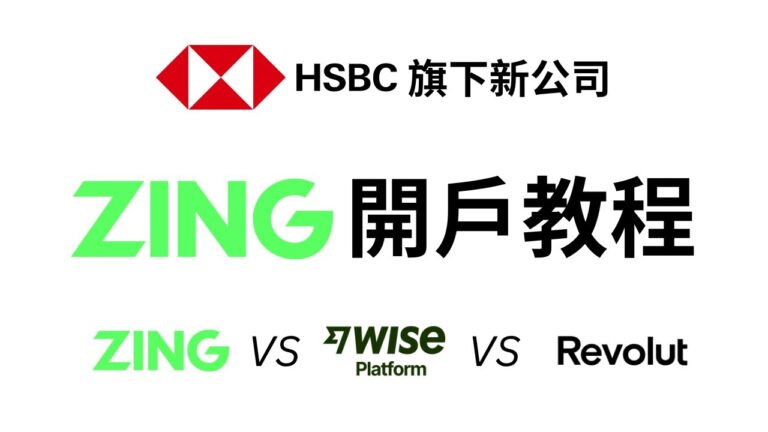
[ad_1]

HSBC has simply launched a rival to Revolut and Sensible for shopper international change transfers. Calling it Zing*, and presently obtainable solely within the UK, the thought is to supply a “worry-free worldwide cash app”, though they exist already. Why would HSBC’s be any completely different?
You will discover out the nuts and bolts of Zing in this Forbes article and likewise at Techcrunch, however the gist is you could now use a bank-backed app to make FX transactions simply as simply and cheaply as their FinTech rivals. Some would ask: why does an enormous financial institution want to do that when it’s already performed by others? Reply: as a result of others are stealing margins from the massive financial institution or, as James Allan, CEO of Zing, places it: “Now’s the time for a brand new sort of worldwide funds resolution; one that mixes cutting-edge innovation with the assist of an skilled world financial institution.”
Some others agree. For instance Benjamin Toms, an analyst at RBC, described the launch as a long-term “defensive” transfer designed to draw a youthful technology of shoppers and convert them to different HSBC merchandise. Zing can be free to obtain for individuals who don’t financial institution with the lender, not like comparable providers it already affords to present shoppers.
The Zing app, which can be obtainable on Google and Apple app shops, can be regulated by the Monetary Conduct Authority as an e-money establishment reasonably than a financial institution. Its deposits is not going to be protected beneath the Monetary Providers Compensation Scheme.
Attention-grabbing.
As a person of competitor providers, it amazes me how banks haven’t responded to those challenges. The truth is, at one level some time in the past, I used an ideal app from Santander primarily based on Ripple (One Pay FX) that did FX transactions cheaper than Sensible … after which they withdrew it. The identical with Pago FX, which was withdrawn simply 15 months after launch. The financial institution determined to refocus on B2B providers for FX with PagoNxt. In different phrases, the financial institution realized that there’s not a lot cash to be produced from FX within the retail shopper markets, and has refocused on SMEs and companies. There’s a message there.
Nonetheless, as the world’s native financial institution (meh), HSBC has nice ambition. In accordance with Nuno Matos, chief govt officer of the lender’s world wealth and private banking enterprise:
“Zing has a worldwide ambition. We need to set up ourselves as a worldwide platform for worldwide funds, which ties completely with our worldwide funds technique for HSBC and it’s best to see us very quickly in Asia, within the Center East and in EU markets.”
Properly need could be very completely different to can. Regardless, the financial institution has been making fairly a number of stealth strikes to construct this imaginative and prescient. First, hiring key individuals from the fintech neighborhood and, particularly, these who labored for modern rivals. Neil McKeown was beforehand the director of product advertising and marketing at Monzo, and moved to Zing as the pinnacle of product and model advertising and marketing. Dario De Angelis, an ex-Revolut govt, was employed within the function of senior treasury supervisor. Eduardo Mercer, a decade-long software program engineer at Sensible, joined Zing’s group.
As well as and of curiosity, is that Zing is constructed upon the fintech platform Monese. Catherine Zhou, CIO of HSBC’s banking and personal wealth enterprise, stated: “HSBC is worked up to put money into Monese as one of many main fintech gamers out there. Our funding will present stronger strategic alignment and allow us to construct on our strengths as companions.”
Yep.
I’m unsure if Catherine would reply to the FT’s reporting nonetheless, that HSBC’s $35mn funding in Monese in 2022 noticed the corporate publish losses 70% greater in 2022 and that the fintech additionally warned of “materials uncertainty over the success of elevating future fundraising and subsequently the going concern standing of the corporate”.
Oh, and eventually, in calling it Zing, I suppose the fellows at HSBC have by no means seen The Massive Bang Principle:
No matter all of this, the bottom-line is that the rise of fintech is now being absorbed by the incumbents. Partnering, buying and investing by massive banks in start-ups is rife at present. The factor this reveals is that fintech is being built-in into the monetary system, reasonably than competing with it. One thing I predicted some time in the past. Rock on 2024.
[ad_2]